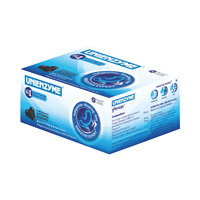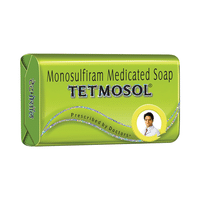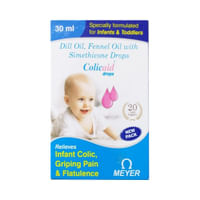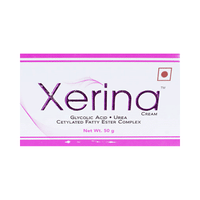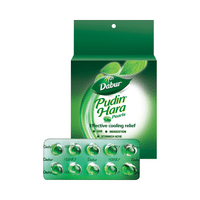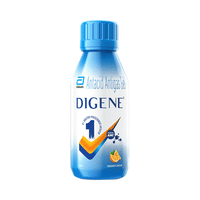Rs.37.10for 1 vial(s) (1 Injection each)
food interaction for C Tax Injection
alcohol interaction for C Tax Injection
pregnancy interaction for C Tax Injection
lactation interaction for C Tax Injection
food
alcohol
pregnancy
lactation
No interaction found/established
Consuming alcohol with C Tax 1gm Injection does not usually cause any harmful side effects.
SAFE
C Tax 1gm Injection is generally considered safe to use during pregnancy. Animal studies do not indicate harmful effects. However, there are limited human studies.
SAFE IF PRESCRIBED
Available human data suggest that the drug does not pass into breast milk in clinically significant amounts and is unlikely to harm the infant.
Avoid prolonged use of C Tax 1gm Injection, since it may have possible effects such as rash and diarrhea.
Avoid prolonged use of C Tax 1gm Injection, since it may have possible effects such as rash and diarrhea.
SAFE IF PRESCRIBED
SALT INFORMATION FOR C Tax 1gm Injection
Cefotaxime(1gm)
C tax injection uses
{med_name} is used in the treatment of bacterial infections.
How c tax injection works
C Tax 1gm Injection is an antibiotic. It kills the bacteria by preventing them from forming the bacterial protective covering (cell wall) which is needed for them to survive.
Common side effects of c tax injection
Decreased white blood cell count (neutrophils), Positive Coombs test, Yeast infections, Increased lactate dehydrogenase level in blood, Increased alkaline phosphatase level in blood, Increased blood urea nitrogen, Hemolytic anemia, Agranulocytosis (deficiency of granulocytes in the blood), Pseudomembranous colitis, Interstitial nephritis, Red spots or bumps, Decreased white blood cell count (lymphocytes), Increased white blood cell count (eosinophils), Urticaria, Increased creatinine level in blood, Erythema multiforme, Stevens-Johnson syndrome, Toxic epidermal necrolysis, Nausea, Vomiting, Injection site reactions (pain, swelling, redness), Hypersensitivity, Gastrointestinal disorder, Dizziness, Vaginal inflammation, Increased aspartate aminotransferase, Increased alanine aminotransferase, Low blood platelets, Jarisch-Herxheimer reaction, Convulsion
SUBSTITUTES FOR C Tax Injection
35 Substitutes
35 Substitutes
Sorted By
 Rs. 32.70save 56% more per ml of Injection
Rs. 32.70save 56% more per ml of Injection Rs. 41.91save 78% more per ml of Injection
Rs. 41.91save 78% more per ml of Injection Rs. 29.81save 20% more per Injection
Rs. 29.81save 20% more per Injection Rs. 31.66save 27% more per Injection
Rs. 31.66save 27% more per Injection Rs. 30.75save 18% more per Injection
Rs. 30.75save 18% more per Injection
Expert advice FOR C Tax Injection
- Your doctor has prescribed Cefotaxime to cure your infection and improve your symptoms.
- Do not skip any doses and finish the full course of treatment even if you feel better. Stopping it early may make the infection harder to treat.
- Discontinue Cefotaxime and inform your doctor immediately if you get a rash, itchy skin, swelling of the face and mouth, or have difficulty breathing.
- Diarrhea may occur as a side effect, but it should stop when your course is complete. Inform your doctor if it does not stop or if you find blood in your stools.
Frequently asked questions FOR C Tax 1gm Injection
Cefotaxime
Q. Is C Tax 1gm Injection the same as penicillin?
No, C Tax 1gm Injection is not the same as penicillin. C Tax 1gm Injection belongs to the third generation class of cephalosporins. C Tax 1gm Injection is active against numerous gram-positive and gram-negative bacteria, including several with resistance to other antibiotics such as penicillin.
Q. What kind of infections does C Tax 1gm Injection treat?
C Tax 1gm Injection is an antibiotic used to treat conditions such as lower respiratory tract infections (related to the lungs, windpipe and airways), skin and skin structure infections, urinary tract infections, pelvic inflammatory disease, bacterial septicemia, bone and joint infections, and meningitis (brain related).
Q. Is C Tax 1gm Injection effective?
C Tax 1gm Injection is effective if used in the dose and duration advised by your doctor. Do not stop taking it even if you see improvement in your condition. If you stop using C Tax 1gm Injection too early, the symptoms may return or worsen.














